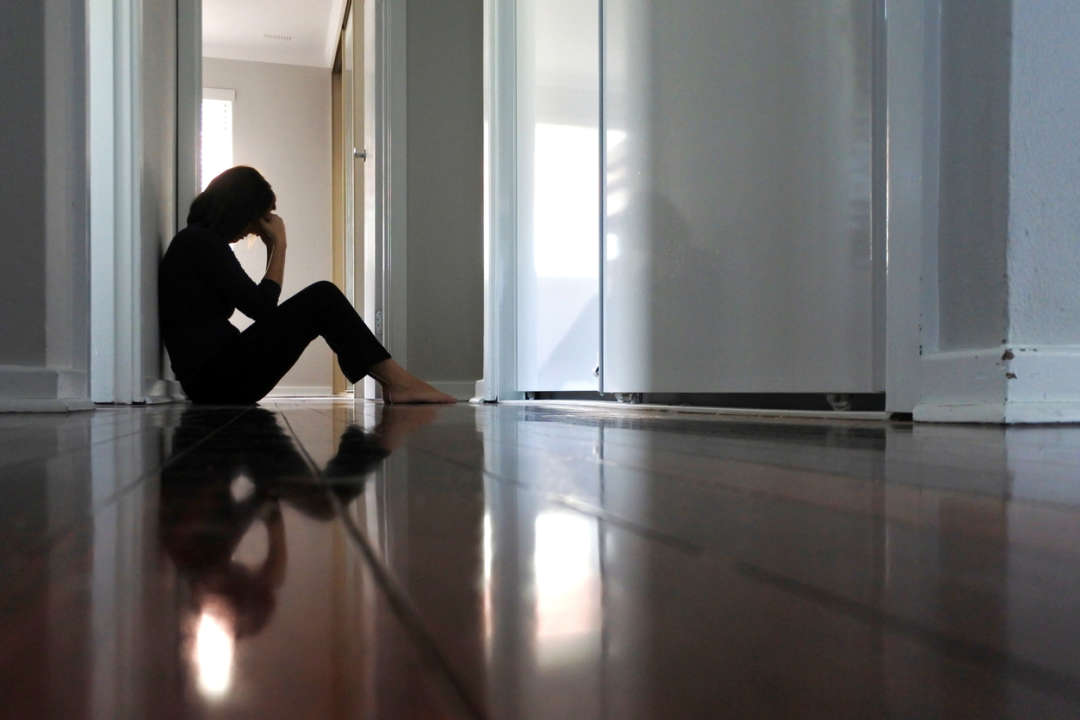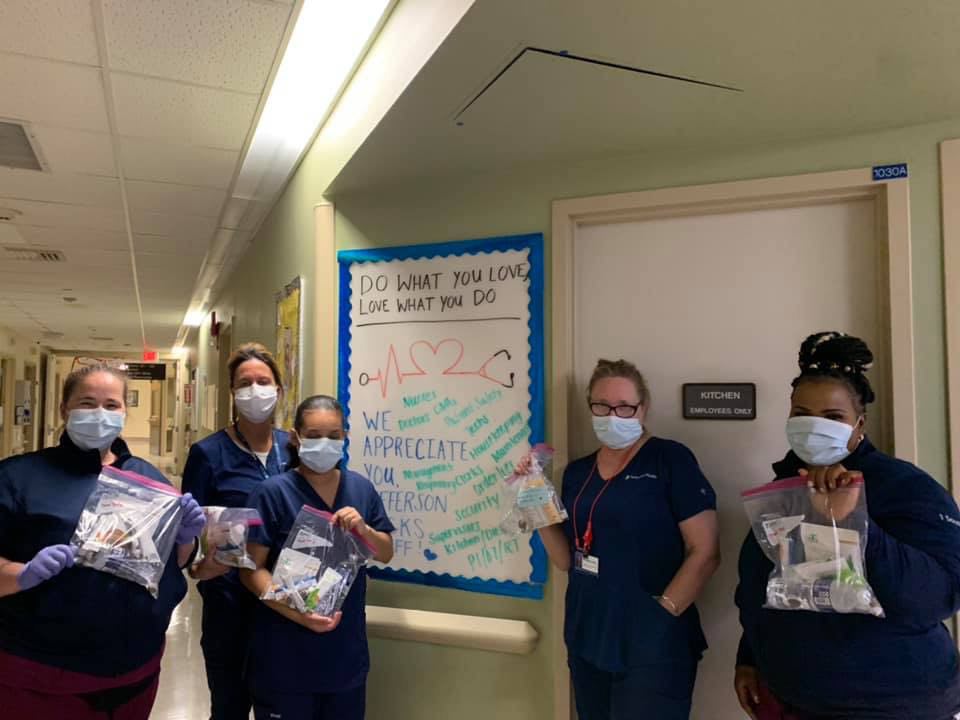When it comes to anxiety, depression, addiction, self-harm—and even thoughts of suicide, the act of suicide or the emotional aftermath afflicting survivors—no one is immune. Any of those issues can affect anybody at any given time.
During the pandemic, this has been particularly true. A study by the Centers for Disease Control and Prevention (CDC) reports “considerably elevated adverse mental health conditions associated with COVID-19.”
Research also reports higher rates of mental health concerns among Irish and Irish-Americans compared to other ethnic groups, says Emily Norton Ashinhurst, executive director of the Irish Diaspora Center in Havertown, Delaware County.
“I think that’s something that we all need to face,” Ashinhurst says, “and we need to recognize that getting help is not a failure. It’s actually setting yourself up for success.”
If you fall into this group, know that there is help—easy and affordable referrals to an experienced mental health counselor—and it’s offered through the Irish Diaspora Center.
The program is called C.H.A.T.—short for Community Help Awareness & Trust—overseen by a Diaspora Center committee and courtesy of funds raised in the Solace Sunrise Walk. The counselor has been in the mental health field for eight years, says Ashinhurst, and has extensive experience dealing with anxiety, depression, trauma, anger management, addiction and relationship difficulties. She has a master’s degree in marriage and family therapy.
What’s more, the counselor is an immigrant—not Irish, but she has had the experience of immigration and understands the challenges of leaving your home country and the issues that arise from that difficult and often wrenching experience. Immigrants can be especially susceptible to mental health issues.
The Solace Sunrise Walk in Philadelphia began in 2016, then simply known as Darkness into Light, to draw attention to suicide and suicide prevention. Funds from that event, then spearheaded by previous Diaspora Center executive director Leslie Alcock, supported the New York-based Solace House. Roughly a year and a half ago, the fund-raising emphasis switched from support for the New York effort to a broader-based Philadelphia-area initiative.
“The (local) committee decided that the money raised really needed to stay here in the Philadelphia community,” says Ashinhurst. “So we were able to get back some of the funds that were raised through the walk. And we decided to set up a fund that is available to anyone in the Irish community who, because insurance doesn’t cover it or they don’t have health insurance, needs help getting counseling. We have some money to put toward counseling appointments.” (The number of appointments is based on ability to pay.)
Una McDaid, chair of the C.H.A.T. committee, understands the need all too well.
“I had a few friends growing up that had passed away from suicide,” McDaid explains. “I’ve had family members who have lost loved ones to suicide. And so it was something I could relate to.”
The Solace Sunrise Walk, she says, had a big impact on the Irish community, she adds, and it was clear that she was not alone in her experience. “There were a lot of people who had been affected by suicide. And for me, it then became about giving someone a safe place to talk. For me, it was a steppingstone to why I really wanted to stay an active part in our community. I feel like our message is to value the life of the person and not to focus on what the form of death is. It more to highlight the life. The problem in our community is that not everybody wants to talk about it. I think Irish people in general talk through everything—but when it comes to private matters, private is private. We like to keep our problems to ourselves.”
From suicide awareness and prevention, she says, the Solace Sunrise Walk naturally bloomed into something broader.
“We just want to put it out there that you’re not alone and that we can find someone to help you if you need professional counseling or just someone to talk to.”
Siobhán McHugh, another member of the committee, has had similar personal experiences.
“I had a cousin who took her life way back,” she says. “It was eight or 10 years ago. And this cousin, she was only 28. She was really close to my sister and niece. She got herself into a bad place. So that’s why I always felt like I wanted to try and do something and put some sort of help out there. I’m not the person to help them, but I can help get them in touch with someone who can help them. We’re doing all that we can on a small scale.”
And now, perhaps more than ever in recent memory, the need has never been stronger, McHugh adds. “I can’t imagine if I was out of work and I had three kids and I was trying to survive and pay bills. I can’t imagine how people must be feeling. Even if what we’re doing is small, if it helps one or two people in the community, then it helped those one or two people.”
To seek help, contact Ashinhurst at 610-789-6355 or emily@icphila.org. All inquiries are confidential. Use this contact information also if you are able to help support the program financially.


